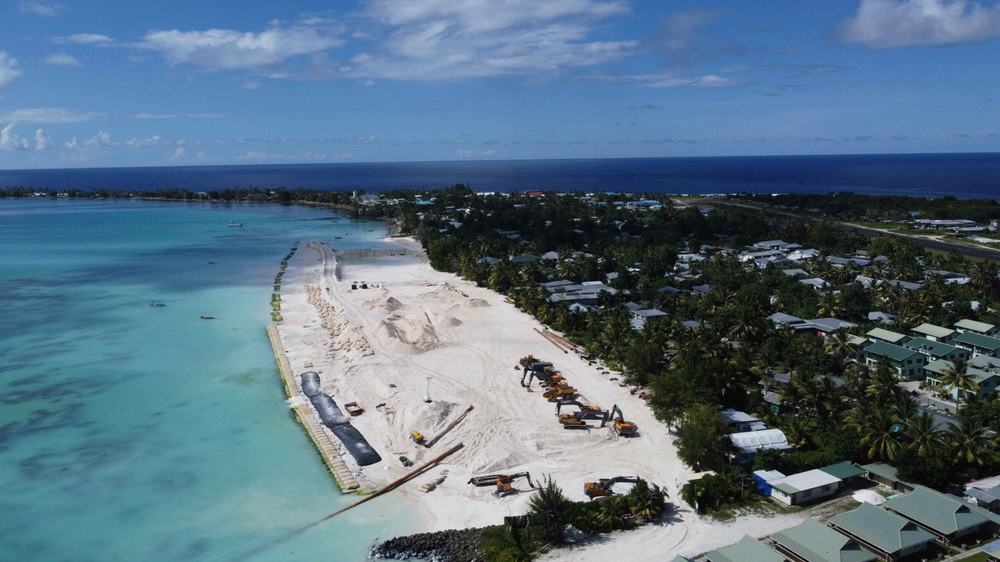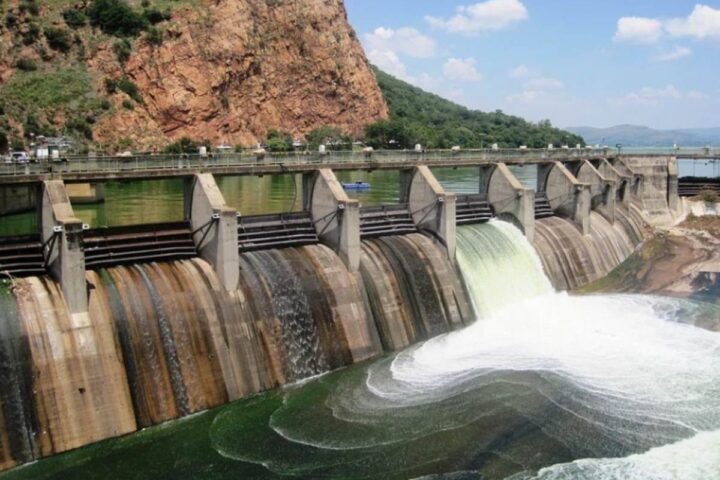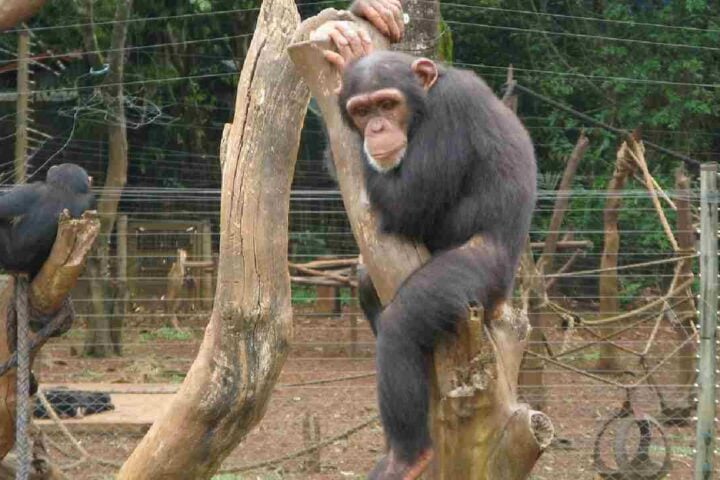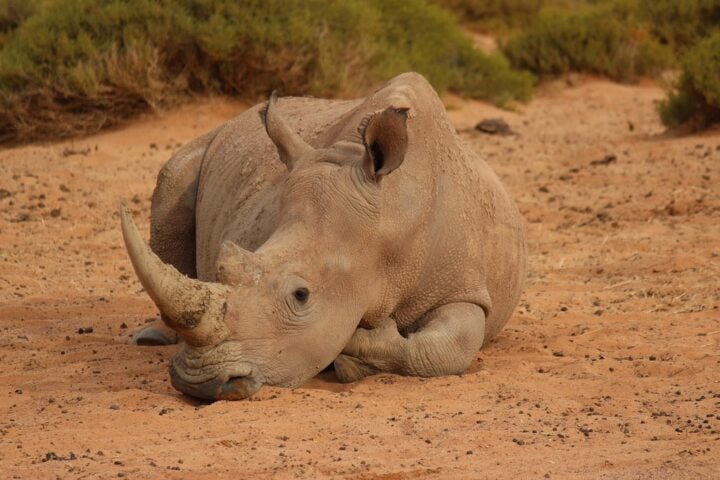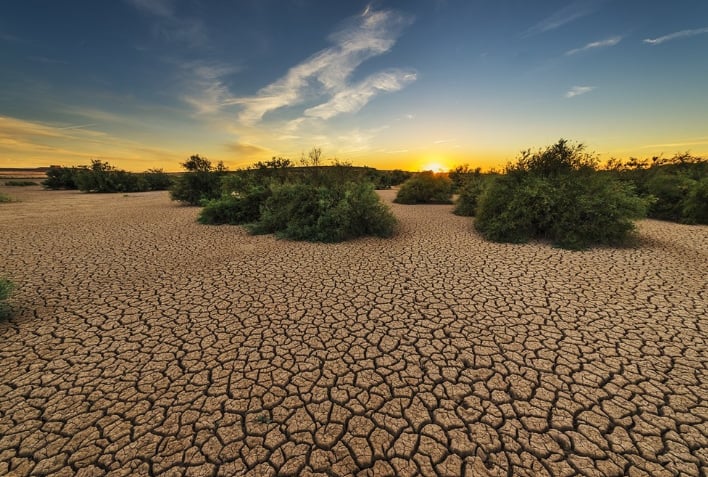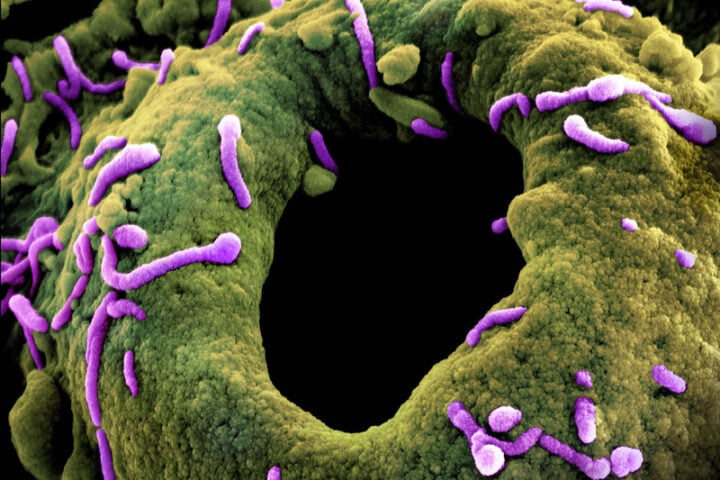Africa is on the verge of experiencing a large-scale climate induced migration. In a recent article, it was revealed that Africa is the most climate-vulnerable region across the globe, despite adding the least numbers to GHG (GreenHouse Gases) emissions. The coastal cities of Sub-Saharan Africa are facing seasonal sea level rises which are causing flood-like situations on a regular basis, while countries in Western Africa are facing droughts due to increased temperature. Extreme drought in Madagascar has forced people to vacate the island, leave their homes and search for more suitable land.
A major chunk of the African population still relies on rain as the primary source of water for their agricultural needs.It is these hardships which forces people to locate other areas for sustenance. It is predicted that an estimated amount of 28.3 to 71.1 million Africans will be compelled to migrate by 2050. As migration increases, the chances of competition for resources might escalate and conflict are seemingly high in Africa. Majority of migrants will move into urban zones in the hope of progress but the situation would only lead to overboarding and further safety and health risks. Additionally, water scarcity in Africa can add fuel to the existing conflicts and increase the vulnerability of people who were forced out due to conflict in the region.
In May 2024, The International Organization for Migration (IOM), an intergovernmental organization, published its World Migration Report (WMR) which responds to a clear and growing need for rigorous, balanced and evidence-based research on migration at such times of crisis. The report discusses the sudden and slow onset events caused by climate change as one of the primary reasons for migration. Sudden-onset events such as floods, hurricanes, wildfires and many more often occur without warning, making it difficult to fulfill the most basic needs for entire communities. While the slow-onset climate events such as drought, rising sea levels, or land degradation are often linked with anthropogenic climate change which is less visible nonetheless such events also add to changing livelihoods and decreasing population well-being . The report states that all such forms of events lead to food insecurity, which might trigger migration in the population.
Similar Posts
Floods in Nigeria increased food insecurity by 92.8%, leading to delay in developmental goals. Wildfires in Ghana have impacted food security by destroying the crop and causing negative effects on soil productivity. In Sahelian countries such as Mali, Senegal and Burkina Faso, food insecurity and food deficits are linked to rainfall variability and the early ending of rainfall. In coastal Cameroon, rising sea levels are causing coastal erosion, saltwater, flooding of coastal lowlands which is affecting crop productivity and output. In Ghana, climate-induced conflicts are triggering migration and farmer–herder conflicts. In northern Ghana, uncertain land ownership has caused food insecurity, which turned to migration as a coping mechanism. In Zambia, consistent poverty does not allow many families to migrate due to financial cost attached to it, trapping them in climate-vulnerable areas. New urban migrants also face issues like high levels of malnutrition upon arrival, irregular income and competition from existing communities in urban areas.
Efforts are being made to tackle this situation. World Migration Report indicates efforts like forecast-based finance, microinsurance programmes and anticipatory actions to manage the climate risk associated with food production can be made in sub-Saharan Africa. In Zambia, policies supporting livestock development programs and securing the land tenure of indigenous groups is a critical priority to adapt to environmental degradation and improve food security. The European Policy Centre (EPC), a think tank co-funded by the European Union [EU], discussed the policies in regard to migration of Africans to Europe. In a discussion paper, it was revealed that the funding from the European Union for border management in non-EU countries is an effort to prevent migration as a form of adaptation from climate change. Thus, due to pressure from donors like the EU, national policymakers across Africa have increased the restrictive measures for all kinds of mobility to ensure restrictions on migration. It also leads to undermining of actions from regional organizations, such as the African Union (AU), the Intergovernmental Authority for Development (IGAD) in East Africa, or the Economic Community of West African States (ECOWAS). The EU prioritizes development plans that hinder migration, while African organizations prefer policies which promote mobility as measures for development. The EU’s primary focus on migration management with African countries has led to harming domestic interests for Africa. This EU strategy also reflects the balancing act between addressing climate change and internal political pressure of limiting migration.
Josep Borrell, the EU’s High Representative for Foreign Affairs and Security Policy, highlighted the challenges caused by climate change and migration from Africa to Europe during the EU Ambassadors Conference in 2023. He noted that Europe causes 25% of the world’s cumulative CO2 emissions, while Africa causes only 3%. This shows the reality that climate change disproportionately impacts Africa and this imbalance, along with political instability and economic challenges, is increasing African migration towards Europe, which Europe must address in partnership with African nations. Ursula von der Leyen, President of the European Commission, during the Africa Climate Summit in Nairobi said that “Africa’s first priority is to grow your economy and lift as many people as possible out of poverty. Climate action is part of the solution. With your (Africa) huge potential for renewable energy and clean hydrogen, your critical raw materials, your incredible nature and biodiversity, and your young workforce, you can help clean up global energy systems and supply chains, while creating good jobs here and economic opportunities that your people demand rightly so. This is a win-win partnership which benefits Africa and the world.”


